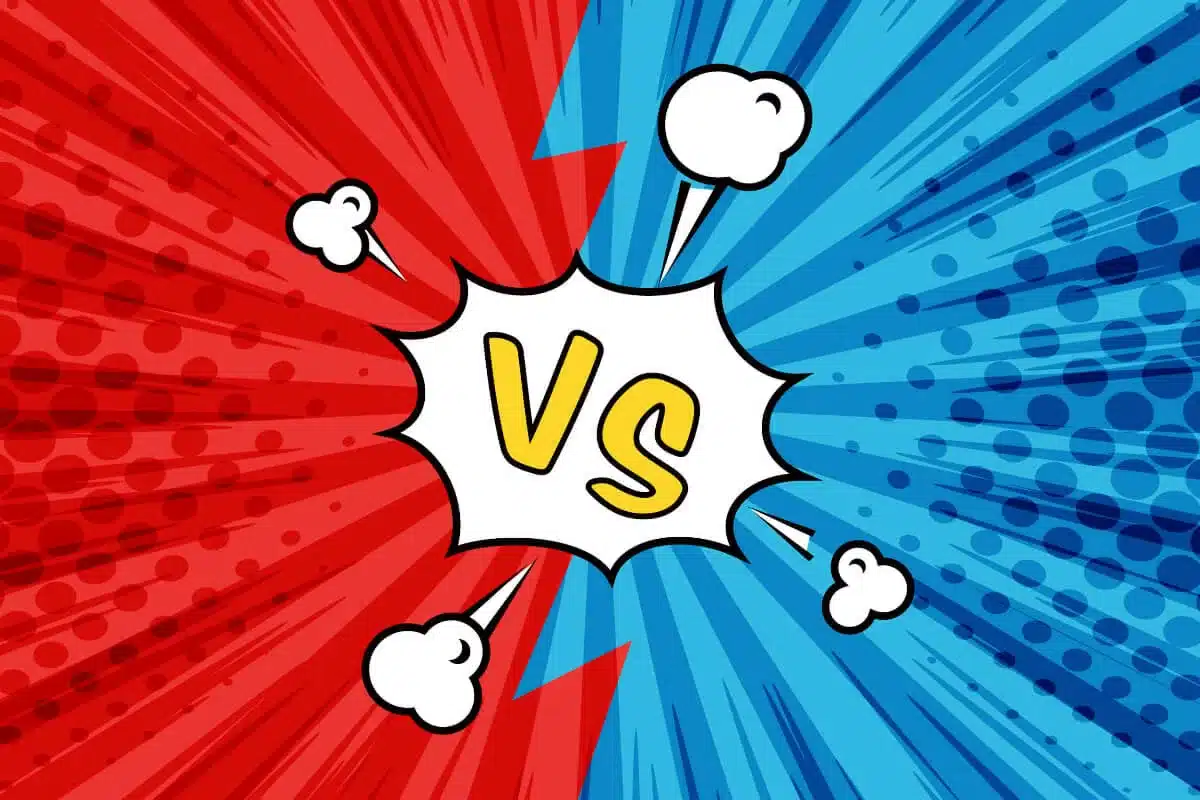In digital marketing, choosing the right CMS is crucial for your brand’s online impact. WordPress vs Squarespace is interesting as both are strong contenders, each offering unique benefits. Let’s explore their pros and cons to see which best fits your business.
WordPress
Pros of WordPress:
- Superior SEO: WordPress has advanced SEO plugins, like Yoast SEO. They offer comprehensive tools for content optimisation, readability enhancement, and search engine ranking.
- Unmatched Customisability: With its themes and 50,000+ plugins, WordPress lets marketers create a unique identity. They can tailor sites to their audience’s specific needs.
- Robust E-commerce: WordPress’s WooCommerce plugin offers a powerful, scalable e-commerce solution. It handles everything from small boutiques to large online stores.
- Large Community Support: A vast community backs WordPress. Users and developers offer support, tutorials, and forums. This means access to a wealth of knowledge and resources.
- Multilingual and Multisite Capabilities: WordPress simplifies creating multilingual sites or site networks. This is ideal for businesses operating across regions and languages.
Cons of WordPress:
- Steeper Learning Curve: WordPress’s customisability can overwhelm beginners. It may require technical knowledge or a developer’s help.
- Ongoing Maintenance: WordPress sites need regular updates for security and performance. This can be time-consuming or require external support.

Squarespace
Pros of Squarespace:
- User-Friendly Interface: Squarespace’s drag-and-drop interface is intuitive. Marketers can manage websites easily, without coding skills.
- All-in-One Platform: Squarespace offers integrated tools for SEO, analytics, and e-commerce. This simplifies managing various marketing functions.
- Sleek Templates: Known for stunning templates, Squarespace attracts businesses that value design and aesthetics.
- Inclusive Pricing: Squarespace plans include hosting, SSL certificates, and feature access. No need for additional purchases.
- Mobile Optimisation: All Squarespace templates are responsive. They ensure websites look great on mobile devices, vital for digital marketing today.
Cons of Squarespace:
- Limited Scalability: Squarespace’s closed system may restrict businesses needing complex site functionalities or integrations.
- Basic SEO Tools: Squarespace has built-in SEO tools. But they lack the depth and customisation of WordPress. This could affect search engine visibility.
Squarespace vs WordPress Conclusion
The Squarespace vs WordPress debate has no universal winner. WordPress excels in customisability, SEO, and e-commerce, ideal for specific marketing needs and scalability. Conversely, Squarespace suits those valuing user-friendliness and design.
Your choice should reflect your business goals, resources, and digital strategy. While both platforms are commendable, WordPress often offers the necessary flexibility and depth for a comprehensive marketing strategy.
For further insights and guidance, we invite you to explore our blog at 07hm.co.uk/blog. Here, you’ll find a wealth of information tailored to the needs and challenges of SMEs navigating the digital landscape. Additionally, if you have specific questions or need personalised advice, don’t hesitate to reach out to us via email at info@07hm.co.uk or telephone on 01702 410663.






